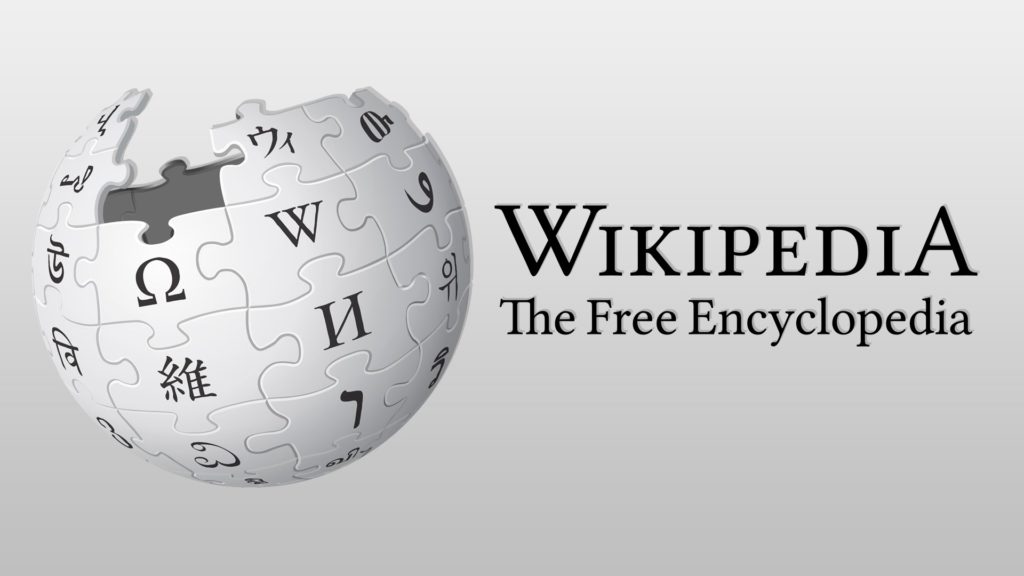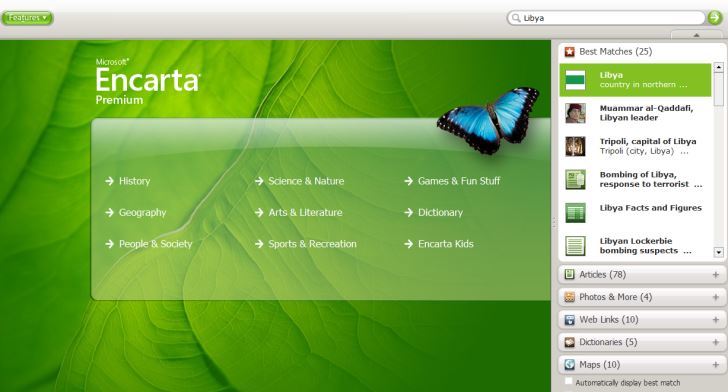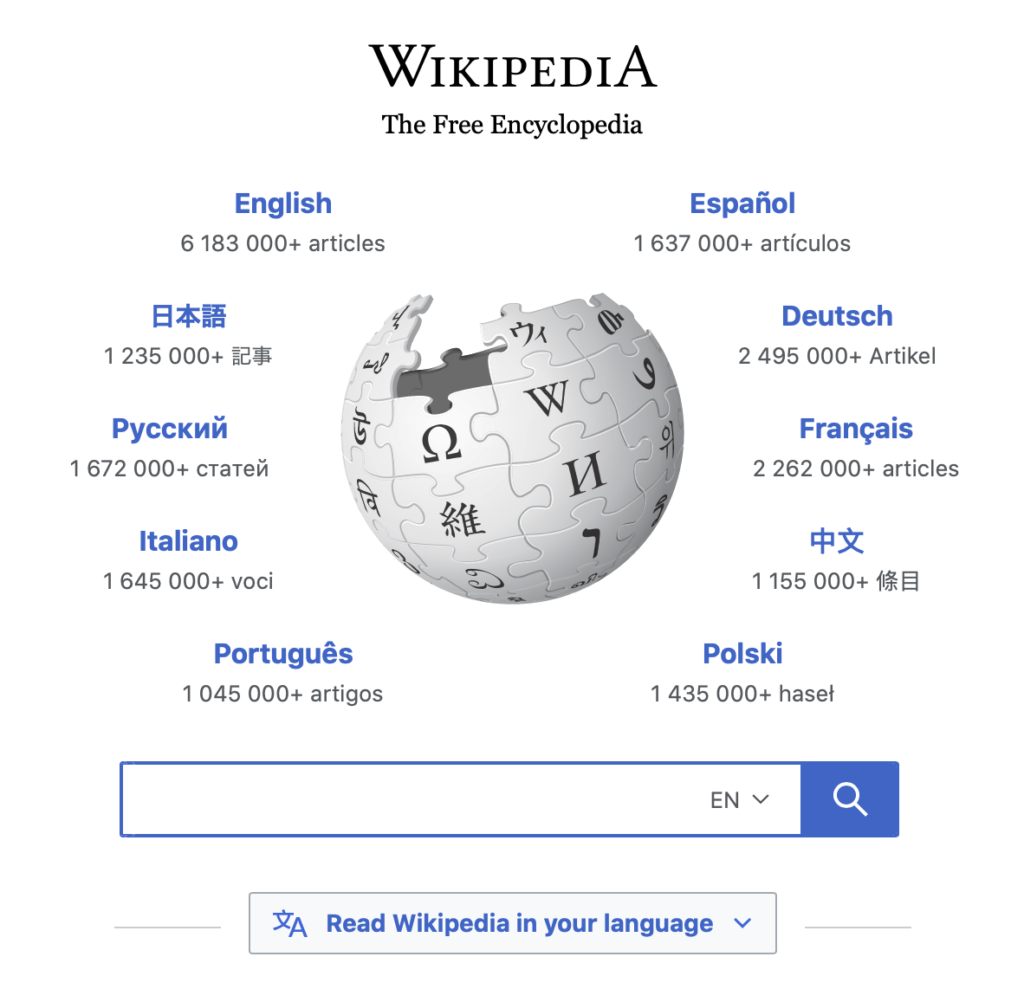
The history of Wikipedia begins with Ward Cunningham, who created a new website model in 1994; he named it “Wiki”. Wikis are websites that allow users to create and edit information on the site in real-time. Because we live in a sharable big-data / information expo generation, The Wikis revolutionizes how people collaborate and share ideas and information on the internet.
Before Wikipedia
In March of 2000, Jimmy Wales and Larry Sanger decided to create a free online encyclopedia that would rival the likes of “Microsoft Encarta” or the “Encyclopedia Britannica”.

Whales and Sanger called their project “Nupedia”.

Nupedia was a for-profit venture that requires its articles to undergo a strict peer-review process before being published for public access; contributors to Nupedia had to be experts in their respective fields. Unfortunately, in the early 2000s, the internet experienced some growing pains, and many upstarts.coms were failing. Nupedia wasn’t immune to the online economy. Its lack of resources, lack of direction, and cumbersome review process caused the project to go belly-up in 2003. In its three year existence, Nupedia produced only 24 articles; around the same time Nupedia started, Whales and Sanger used Wiki technology to create Wikipedia.
They Made Everyone’s Voice Heard
Wikipedia was launched in January of 2001 and was intended to be a discussion forum where the public could suggest and edit content for potential submission to Nupedia. Unlike Nupedia: anyone could create, edit, and discuss the content on Wikipedia.

Launching to Success!
After Nupedia’s failure, in 2003 Wales and Sanger looked at Wikipedia now in comparison to the Nupedia’s 24 articles, Wikipedia had produced a little over 20,000. Surprised by Wikipedia’s popularity and success, Jimmy Wales decided to abandon Nupedia’s peer review model and focus on encouraging the “anyone-can-edit” model on Wikipedia. Since 2003, Wikipedia has grown to include over 10 million articles in 260 languages, nearly 3 million English articles.

Growth
Wikipedia continually ranks in the top 10 websites on the internet in terms of page views, and its popularity has encouraged Google News to start linking directly to Wikipedia’s content from within its news articles.
In conclusion, Wikipedia kept its anyone-can-edit mantra; it has had its share of praise and criticism triumphs and controversies. It may not be entirely certain in the future; one thing is for sure: Wikipedia has drastically affected how we access and share information on the internet.
Work Cited
Fletcher, Dan. “Wikipedia.” Time, Time Inc., 18 Aug. 2009, content.time.com/time/business/article/0,8599,1917002,00.html.
“History of Wikipedia.” Wikipedia, Wikimedia Foundation, 14 Nov. 2020, en.wikipedia.org/wiki/History_of_Wikipedia.
“Wikipedia.” Encyclopædia Britannica, Encyclopædia Britannica, Inc., www.britannica.com/topic/Wikipedia.

I didn’t realize that Wikipedia is really young. Also, I appreciate you introduced the encyclopedia before Wikipedia came out.
I love Wikipedia! Its the epitome of democratizing information, and I truly believe that is the core meaning of the Internet.
Oh wow! this was really interesting!! I literally don’t remember a time when wikipedia didn’t exhist. I do remember though being at my afterschool program, and learning about Wikipedia. We were asked to just look up a bunch of stuff it was fun!
seems like we take wikipedia for granted! Its history is transformative!